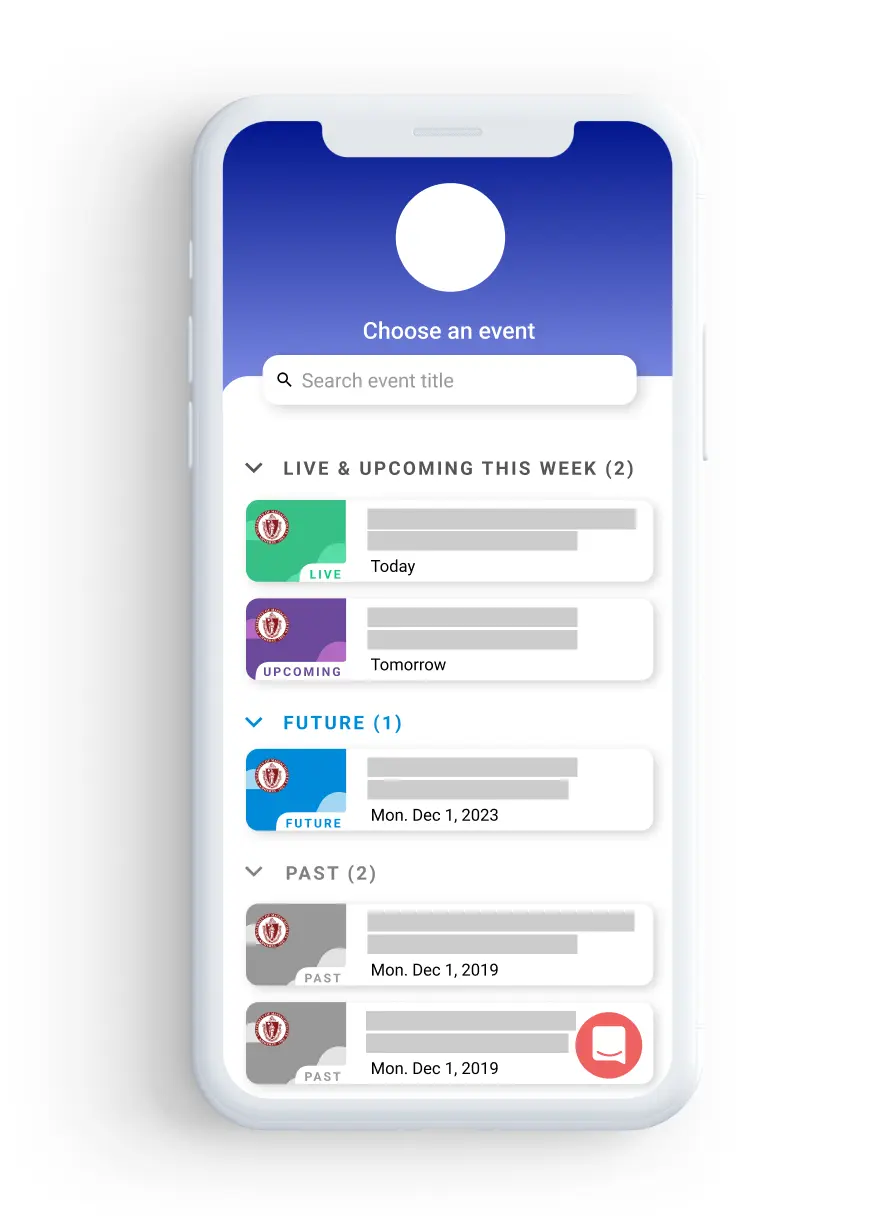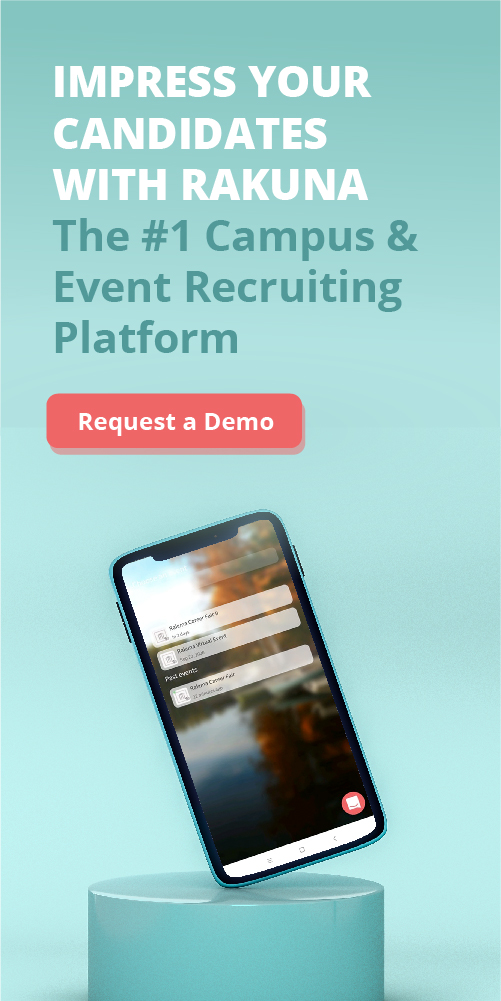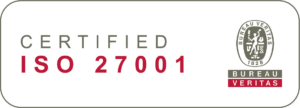Campus recruiting is not all about attending career fairs and conducting on-campus interviews. In today’s talent war, where the campus is the battlefield, companies need to do more to engage with students beyond traditional career fairs.
In this video, you will learn from the expert what you can do to build your employer branding on campus and get students to stay engaged.
Unfiltered insights and actionable advice straight from the trenches of startup and business life
Transcript
Welcome to In and Out of Recruiting Millennials, a monthly video podcast interviewing innovators in talent acquisition with a focus on hiring millennials and early-career talents. This podcast is the production of Rakuna. We help organizations to enhance and optimize their campus recruiting process.
This is Episode 1 – Engaging with Students Beyond Career Fair
My name is Trong Dong, CEO & Co-founder at Rakuna, and I will be your host this week. Joining us today we have Alina Tubman, Co-founder of BYLT Consulting, a full-service consulting firm that works with clients to design and execute on-campus recruiting strategies, internship, and onboarding programs for recent graduates.
Alina has managed campus recruiting programs in both the private and public sectors of financial services. Most recently, she was the Head of Campus Recruiting Strategy & Operation at the Federal Reserve Bank of New York. Prior to that, she was a Vice President at J.P. Morgan, holding various roles in campus recruiting and analyst program management. There she was instrumental in helping shape the strategies and execution of the hiring and development of entry-level talent in the Investment Bank and in Asset Management.
Trong: Alina, thank you for taking the time to speak with us today on Rakuna’s radio. So tell us about your background. How did you get into campus recruiting?
Alina: I fell into campus recruiting by chance. I have a degree in IT and Education. I love solving problems and working with students. My mentor suggested that I apply for a campus recruiting rotation as part of my experience in an internal consulting services rotational program at J.P. Morgan. The rest is history, as I have been in various campus recruiting roles and entry-level development programs since then.
Trong: Now, we all know that campus recruiting does not stop at going to a career fair, putting up your nice booth, collecting some resumes, and going home. Let’s first talk a bit about the follow-up process post-career fair.
Alina: You are absolutely right, and going to the career fair is only a piece of a strategic campus recruiting program. You have a good career fair checklist, but that won’t be enough. The career fair helps you build your employer brand, but it has to be part of a larger strategy of your on or off-campus involvement. Students want to know that you are committed to their university and have been or will be there throughout the semester. The career fair provides an excellent way for you to connect with students and start building your pipeline of candidates. That’s why the follow-up and engagement is extremely important. Students want to hear from you immediately following the career fair. In the past, it was always a hard thing to do as managers collected the resumes, came back to their day jobs, and tucked the resumes away neatly until they had the time to review them and decide on who to follow up with – And by then it was too late! Technology has changed all that, and with the use of CRM solutions like Rakuna, everything is collected from candidates in real-time at the event, making the follow-up just as easy. Staying connected with candidates has never been easier and has really helped to create a more meaningful communication loop between students and employers.
Trong: Building your brand does not happen overnight; it’s a slow and steady process. So what can employers do to strengthen the presence of their brand on campus? What are some of the efficient ways to engage with students beyond career fairs?
Alina: There are so many ways that employers can engage with students on or off campus. What is important to note here is to really understand the campus and the students before devising your campus strategy. At some schools, info sessions work great, but at others, it’s better to participate in events directly with student groups or in the classroom. Some schools are better connected through technology, so virtual sessions may work well. Some companies have been known to get creative on campus, including food trucks, bands, photo booths, RVs, etc., so if things like that work at a school, then go for it and think of cool ways you can stand out but make sure it aligns with your brand.
Trong: You mention that the important thing to note before executing a strategy is to really understand the campus. What are some of the steps that recruiters or campus recruiting teams can take to gain this understanding? Saying, I am a new company coming to Stanford to recruit for the first time…
Alina: Start with talking with the alumni from the school at your organization. Find out what clubs/organizations/professors you should be talking to. Every university is different, and furthermore, every college at a university is different as it relates to campus recruiting. Some schools follow a decentralized model, and some have centralized career centers. Some clubs are active at certain schools while they may be dead at other schools. These are all important things to understand before devising an on-campus strategy
Trong: Can you speak in detail about how different types of employers can leverage traditional on-campus activities like info sessions, on-campus interviews, student organizations’ engagement, faculty engagement, and classroom presentations versus less-traditional activities like holding a case competition, hackathon, or hosting a volunteer event, etc.?
Alina: All great events and should be part of a cohesive campus recruiting strategy. Each event should build on the other. For example, if you are on campus for a career fair followed by interviews, you should look to engage with faculty and/or student group organizations during the visit to help you build your brand on campus to a wider audience.As for less traditional activities, they are actually becoming more popular on campus as companies are looking for more creative ways to engage with students than just being there for an info session. These types of events (hackathons, case competitions) actually allow employers to see the students in action, which is a great way to assess talent prior to the interviews. If companies don’t have the budget to be on campus, a great way to still have access to students is to partner with a professor for a case study that is relevant to what they are doing in the classroom.
Trong: How different is the employer branding strategy for a Fortune 500 company with a large budget for campus recruiting versus a mid-size or small business or startup with a one-man campus recruiting department?
Alina: Very Different. And that’s actually one of the reasons why BYLT Consulting was created. Fortune 500 companies invest a ton of money and resources in staying in front of students to make sure they are recognized as the employer of choice. Small companies didn’t always have that same luxury. Until now. For small to mid-sized companies, it’s not about having large budgets it’s about knowing how to sell their story to students on campus and creating meaningful events that will attract students who really want to be there. The dynamic of what students are looking for in employers is changing and small to mid-sized companies can benefit from that greatly if they get their campus recruiting strategy right and invest in the right resources to help them get there.
Trong: Now, at this time of the year, the career fair season has almost passed. What are some activities that campus recruiters should start to effectively engage with students?
Alina: This is a great time to start building your pipeline for the following year by engaging with the freshmen and sophomores. Some companies host site visits, boot camps, workshops, etc, during the spring semester to get to the top talent before their competitors do. As for folks you have already extended offers to, this is also an important time to keep them engaged and connected to the organization. The renege rates have gone up significantly over the last two years, so you want to ensure that you aren’t extending offers and then not talking to the students until it’s time for them to start at the company. There are so many ways you can keep them engaged, and it’s an absolute must!
Trong: Can you give some examples of practical ways to keep those with that you have extended offers engaged?
Alina: Stay connected with them through social media, email campaigns, and project opportunities, keep them posted on what’s happening in the news about your company, if there are interesting webinars or trainings they can join to help them prepare for their role, check in with them around midterms/finals time (maybe even send a care package). Invite them to events you have on-campus. As you can see, there are so many ways you can continue to engage with students who already have offers from you.
Trong: How do you think of employing social media to engage with students beyond campus?
Alina: It’s extremely important to stay connected on social media to engage with these students. Students are hooked on their devices, and companies have to figure out where they are and how to get there…appropriately! If you are going to commit to engaging with students on social media, you have to be responsive and actually “ENGAGE,” not just have a page up on Facebook or LinkedIn with no interaction and relevant information. I have watched companies create YouTube channels for their campus efforts, livestream on Facebook, and utilize Snapchat. So many options – you just have to figure out what the best and most effective ways are and those that make sense for your company.
Trong: Where is the wind shifting? In other words, do you think alternative recruiting strategies stand a measurable chance of replacing traditional methods like career fairs?
Alina: I personally don’t think that career fairs will be replaced, but they will continue to evolve as they have been over the years. In addition to school-wide career fairs, we now have program or major-specific fairs, mult-school fairs, virtual career fairs, etc. Career fairs can still be a very important component of a campus recruiting strategy where appropriate. I still think career fairs are an excellent way for a company that has never been to campus to get its name out there and start to build its brand with students. If you have been coming to campus for a few years and have good relationships established, a career fair might not be the best avenue for that company.
Trong: Well, I think that’s a wrap for today’s podcast. Many thanks to Alina for taking the time to share their advice with us today, and we’ll definitely be hearing from her again in future episodes here on the ins and outs of recruiting millennials. Don’t forget to check us out on YouTube & Soundcloud and click that subscribe button to stay updated on all the latest info. This is where I leave you for today, but I‘ll see you back next month. Have a great rest of the day!
Now, student engagement is made much easier with customized follow-up from beginning to end, all automatic thanks to the Rakuna Recruit App. Book a product demo now – it’s 100% free and won’t take you more than an hour.
ABOUT RAKUNA

Rakuna is revolutionizing campus recruiting by providing top employers with innovative tools to attract and hire young talent. Our comprehensive platform includes Rakuna Recruit, a user-friendly mobile app for recruiting events, and Rakuna Recruit Dashboard, a candidate relationship management dashboard tailored for campus recruiting.
We specialize in helping companies connect with millennials, offering cutting-edge solutions to streamline recruiting operations and amplify recruiting marketing efforts. From Fortune 500 companies to leading universities, organizations trust Rakuna to find the right talent for their needs.
To learn more about our platform and how we can assist with your recruiting needs, contact us at [email protected] or book a FREE demo today!


